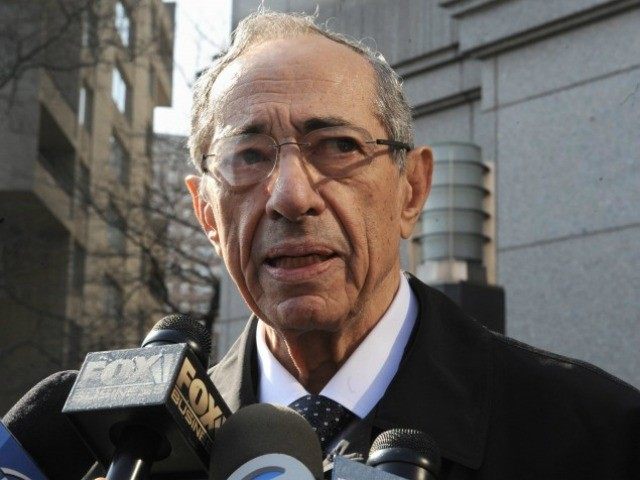Mario Cuomo, a three-time governor of New York, died Thursday at the age of 82.
He is being remembered for many things, both good and bad, but the one that sticks most firmly in the minds of many Catholics is his famous articulation of a Catholic politician’s ability to be “personally opposed” to certain unjust activities without having to impose his views on others.
In its eulogy to the governor, The New York Times praised Cuomo’s resolution “when he defied his church in 1984 by flying to the University of Notre Dame to proclaim that Roman Catholic politicians who personally opposed abortion, as he did, could appropriately support the right of a woman to have an abortion.”
In that celebrated speech, Cuomo employed some logical legerdemain that enabled a generation of Catholics to publicly support behavior that they held to be morally unjust.
“As Catholics,” Cuomo said, “my wife and I were enjoined never to use abortion to destroy the life we created, and we never have. We thought Church doctrine was clear on this, and—more than that—both of us felt it in full agreement with what our hearts and our consciences told us.”
“But not everyone in our society agrees with me and Matilda.”
Cuomo’s convoluted logic led conservative commentator William McGurn to dub Cuomo “the founding father of the enabler community” whose “most important achievement has turned out to be his ‘personally-opposed-but’ speech at Notre Dame in 1984.”
Last January Cuomo’s son, New York Gov. Andrew Cuomo, built upon his father’s words, describing those who embrace the “right to life” as “extreme conservatives” who “have no place in New York state.”
Renowned political scientist Hadley Arkes compared Cuomo’s argument with that employed by Stephen Douglas in his celebrated debate with Abraham Lincoln. Arkes wrote: “Douglas declared that he was personally opposed to slavery, but he wished to leave the matter to ‘popular sovereignty.’” Abraham Lincoln, on the other hand, retorted that “When Judge Douglas says that whoever, or whatever community, wants slaves, they have a right to have them, he is perfectly logical if there is nothing wrong in the institution; but if you admit that it is wrong, he cannot logically say that anybody has a right to do a wrong.”
The most decisive argument levelled against Cuomo’s “personally-opposed-but…” thesis is that when the reason you are personally opposed to a given behavior is that justice demands the protection of innocent human beings, you are obliged to act in consequence. Political figures are elected, in fact, to ensure this justice.
Being “personally opposed” to rape carries with it the obligation to be politically—and not just “personally”—against it. Being “personally opposed” to child abuse would make no sense unless one were also ready to back it up with the force of law.
By now these arguments are eminently clear to Mr. Cuomo and he sees all things as they are. May God have mercy on his soul. Requiescat in pace.
Follow Thomas D. Williams on Twitter @tdwilliamsrome

COMMENTS
Please let us know if you're having issues with commenting.